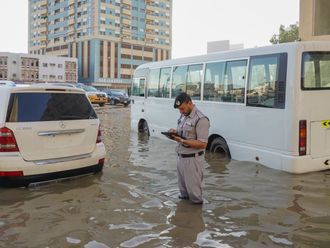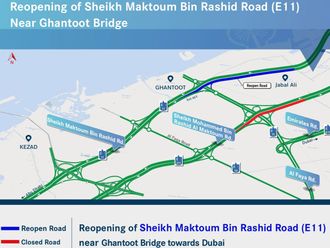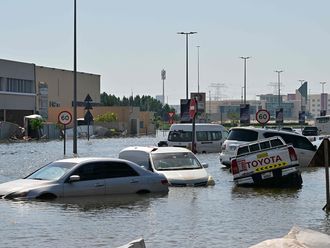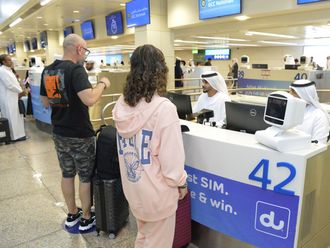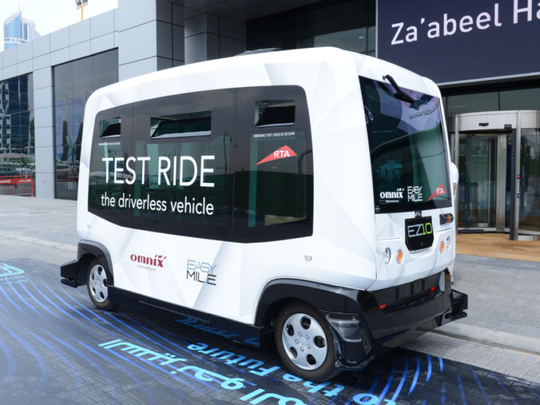
Dubai: Driverless vehicles might be able to reduce the UAE’s traffic jams but residents are still sceptical over its safety features, a new survey has revealed.
In a recent study carried out by YouGov’s Omnibus Service, 58 per cent of UAE residents are enthusiastic towards driverless cars with 61 per cent believing driverless cars will allow everyone to get around easily regardless of their driving ability.
Meanwhile, 43 per cent of participants said that driverless cars will help reduce traffic congestion on roads, 57 per cent said they would not feel safe in a car that was not driven by humans.
YouGov Senior Research Manager Anjali Chhabra, said: “Driverless cars do offer a promising alternative to driving and would reduce the number of road fatalities due to human error.”
Nearly three quarters of UAE residents surveyed said their biggest worry about using driverless cars was the risk of technology failure, followed by software hacking and other mechanical failures, at 69 per cent.
YouGov’s Omnibus Service conducted the survey online that included 668 UAE residents.
“However, public dilemma related to their security, and how these autonomous vehicles are likely to behave when surrounded by human motorists, leave much room for technology experts and regulators alike to ensure self-driven cars are indeed safe in all situations,” said Chhabra.
Driverless cars would be useful for day-to-day activities such as commuting to work, according to 42 per cent of participants, but as many as 65 per cent said they would not trust using the car in high risk situations, such as taking a family member or friend in urgent need of medical attention to the hospital.
A smaller portion of respondents, 33 per cent, said they would use it to drive their children to school.
When asked what activities they would carry out in a driverless vehicle, 44 per cent said speaking on the phone, 39 per cent listening to the radio, 37 per cent talking with other passengers and 37 per cent said they would rest.
However, just 24 per cent would trust the vehicles enough to sleep in.


